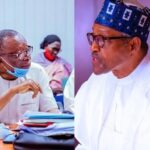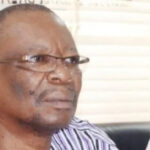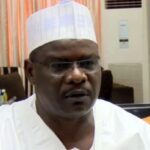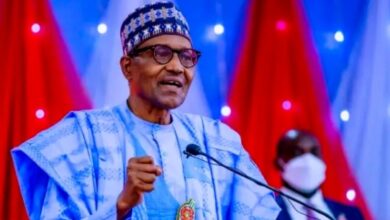No nation can advance past the limits of its educational system—Buhari
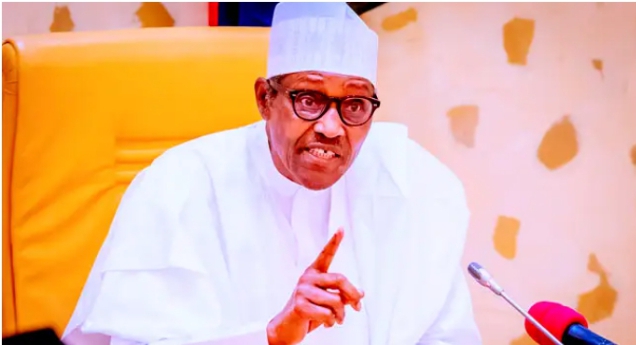
In order to create a framework of concepts for changing Educational Systems around the world, President Muhammadu Buhari has called for cooperative collaborations.
He made this statement at a time when the Academic Staff Union of Universities, or ASUU, had been on strike for almost eight months because the Federal Government had refused to accede to its members’ requests.
On Monday, Buhari said while making a statement on behalf of Nigeria at the Transforming Education Summit (leaders’ round table), which was held in conjunction with the 77th session of the UN General Assembly.
“We must not construct borders in the transformation of education,” he declared. We must eliminate them wherever they are found since we can all learn a lot from one another.
“As we all know, ensuring the full growth of our society requires improving equitable and inclusive access to outstanding educational opportunities. No nation can advance past the limits of its educational system.
Without changing the teaching profession, according to Buhari, it would be difficult to have a serious discussion about reforming the national educational systems.
He urged increased consideration of initiatives to increase innovations and research in teacher preparation and teacher professional development.
In order to address the issues of teacher shortages, he added, “The process of developing a sustainable teacher supply chain is crucial and calls for global action.
Nigeria also wants to emphasize the significance of addressing the structural and systemic barriers to access to quality education that must be addressed by all member states and stakeholders.
Only by doing this will we be able to build a world that is really inclusive and leaves no one behind.
He asserts that using information technology as a teaching tool has the potential to revolutionize learning, erase its borders, and restructure how learning takes place both within and outside of the classroom.
The President expressed hope that closing the digital divide will present chances for Nigeria to increase learning and reform the educational system.
In order to offer a secure learning environment and attentive services, Nigeria is working to rebuild trust with its citizens. As we were creating a national strategy on school safety and security, we were among the first to support the Safe Schools Declaration, or SSD.
In addition, Nigeria held the fourth international conference on the Safe Schools Declaration (SSD) in 2021 in collaboration with the African Union, Norway, Spain, Argentina, and the Global Coalition to Protect Education from Attack (GCPEA).
In a wider framework that now encompassed gender-based violence and the protection of girls from risks that contributed to insecurity and violence, Buhari said that the SSD’s implementation had provided a way to address school safety.
“While this is a step forward for boosting girls’ wellness and making sure they stay in school and learn,” he said, “there are still many more areas to cover.”
Buhari claimed that by establishing cash transfer programs, Nigeria had further proven its dedication to enhancing educational attainment and increasing skill development.
He claimed that the Nigerian government has set aside specific statutory funding for Universal Basic Education and other special programs, giving priority to the expansion of play-based early childhood education and programs that teach the fundamentals of literacy and numeracy.
“As a complement to existing efforts to institutionalize national and school-based assessment, I am glad to announce Nigeria’s participation in the Programme for the Analysis of Education System (PASEC 2024). This calls for a large investment in education and teacher preparation.
“This helped Nigeria implement a new national teaching policy to address the development of our teachers’ careers, their pay, and their general welfare.
“We are currently giving the full implementation of professional teaching standards and the framework for teacher qualifications first priority, while also enhancing their management, deployment, and recruitment processes.
As we recognize that efforts to improve the quality of educational provision and learning outcomes are supported by our understanding that students, teachers, and school leaders are the key stakeholders in education reforms,” the President said, “We will empower schools with the resources to truly transform teaching and learning.
For more metro news and updates always visit dailygam.com
